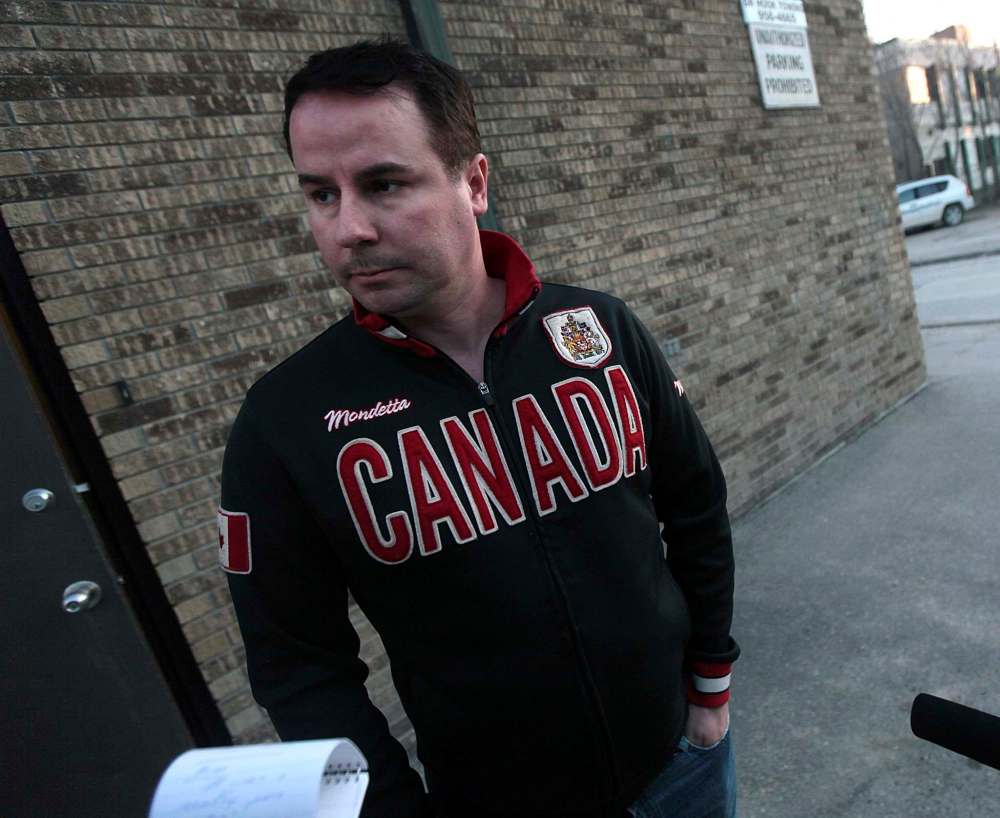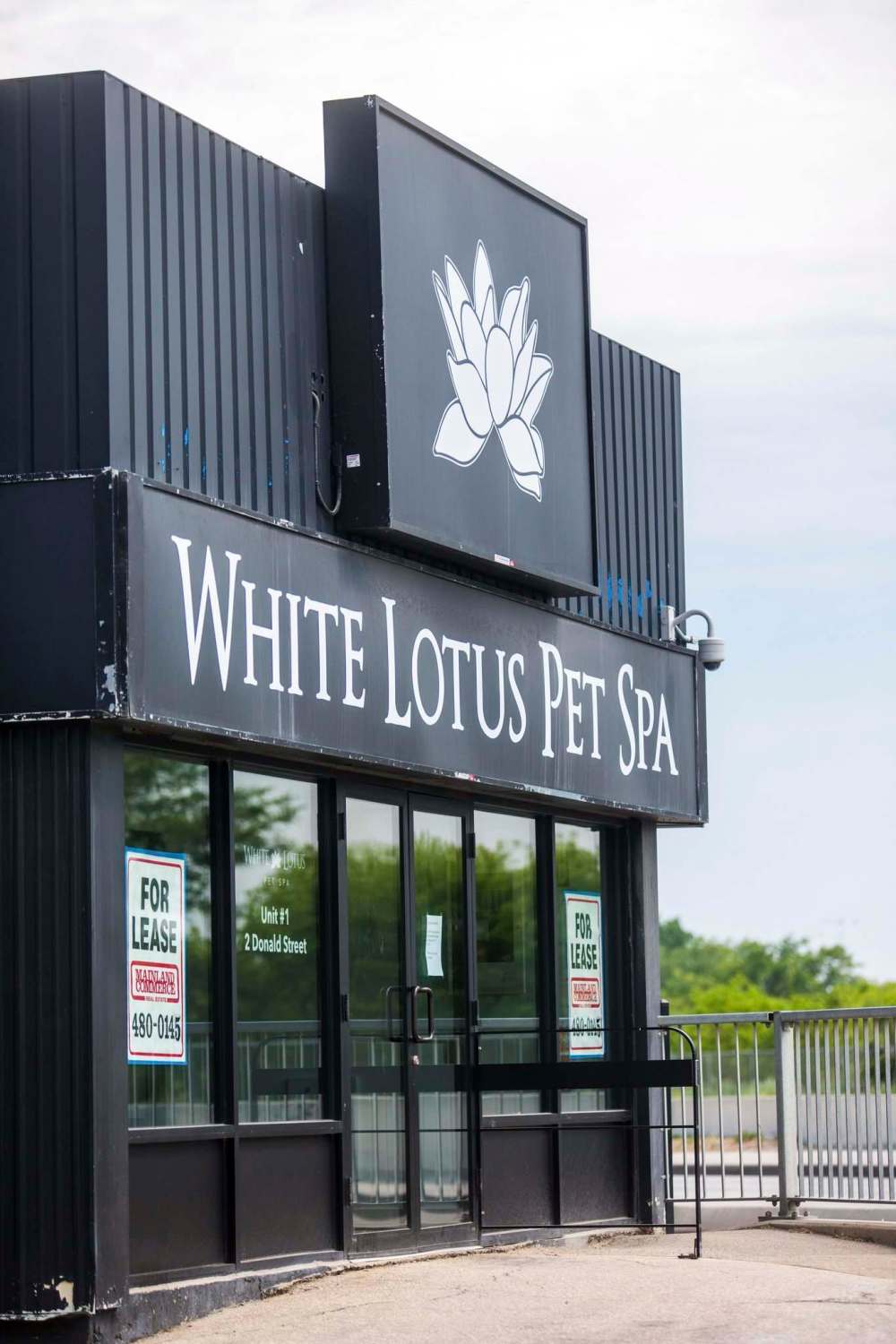Scandal shouldn’t affect nominee program
Read this article for free:
or
Already have an account? Log in here »
To continue reading, please subscribe:
Monthly Digital Subscription
$0 for the first 4 weeks*
- Enjoy unlimited reading on winnipegfreepress.com
- Read the E-Edition, our digital replica newspaper
- Access News Break, our award-winning app
- Play interactive puzzles
*No charge for 4 weeks then price increases to the regular rate of $19.00 plus GST every four weeks. Offer available to new and qualified returning subscribers only. Cancel any time.
Monthly Digital Subscription
$4.75/week*
- Enjoy unlimited reading on winnipegfreepress.com
- Read the E-Edition, our digital replica newspaper
- Access News Break, our award-winning app
- Play interactive puzzles
*Billed as $19 plus GST every four weeks. Cancel any time.
To continue reading, please subscribe:
Add Free Press access to your Brandon Sun subscription for only an additional
$1 for the first 4 weeks*
*Your next subscription payment will increase by $1.00 and you will be charged $16.99 plus GST for four weeks. After four weeks, your payment will increase to $23.99 plus GST every four weeks.
Read unlimited articles for free today:
or
Already have an account? Log in here »
Hey there, time traveller!
This article was published 18/07/2019 (2336 days ago), so information in it may no longer be current.
Manitoba’s immigration nominee program is currently the focus of much attention. And not in a good way.
The program has long been hailed as a Manitoba success story, valuable for attracting job-ready immigrants whose skills match the needs of Manitoba’s job market, and also attracting active investors in the provincial economy. To Manitoba’s credit, it uses the provincial nominee program more than any other province.
But high-profile reports of malfeasance have led to an investigation by the provincial government. With the credibility of the program on the line, it’s critical the investigation proceeds with balance and context: the allegations, while serious, must be weighed against the importance of ensuring the nominee program can continue bolstering Manitoba with high-level immigrants.

A main subject of the investigation is Paul Hesse, who was a lawyer with the Winnipeg firm Pitblado Law when he allegedly solicited business investments from as many as 20 of his immigration clients. While Mr. Hesse’s employment with Pitblado has been terminated, his dealings with immigrants are only now being untangled.
The law firm discovered that Mr. Hesse had encouraged immigration clients to invest in a series of businesses linked to Hesse’s now-former romantic partner, Patrick Maxwell. Mr. Maxwell was the owner of White Lotus Pet Spa, an Osborne Village pet groomer and dog daycare, which closed June 27. He was also associated with a number of other businesses run out of the same Scott Street office, including a real estate firm.
Mr. Hesse, who specialized in immigration law, would sometimes travel to China to meet with potential clients and allegedly steer the clients’ investment funds toward entities linked to Mr. Maxwell.
It’s believed the clients thought following Mr. Hesse’s advice about investment opportunities would help garner approval for their Canadian immigration applications.
Reverberations from Mr. Hesse’s actions will affect his personal career, the clients he allegedly mistreated and — paramount for all of Manitoba — the immigration nominee program.
Mr. Hesse doesn’t currently face criminal charges, but the Law Society of Manitoba has suspended his licence while it continues to investigate the alleged improper immigration activities.
Mr. Hesse has also had political aspirations, having served as president of the Manitoba Liberal Party and having run as the Liberal candidate in Fort Rouge in the 2011 election. But it’s a safe bet that, given the current allegations, his former Liberal colleagues are unlikely to ask him to run in the Sept. 10 provincial election.
As for the clients who trusted Mr. Hesse and unwittingly invested in his recommended businesses, they are eligible to file a claim with the Law Society of Manitoba, which maintains a fund to compensate clients for losses incurred as a result of lawyers’ misconduct.

The immigration nominee program might be the area where Mr. Hesse’s conduct has the greatest impact. Although it seems counterintuitive, his alleged misdeeds might have a positive effect by exposing a loophole that needs to be closed.
Mr. Hesse told clients in writing he could get approval within two months for a document — called a labour market impact assessment (LMIA) — that lets employers hire foreign workers.
The provincial investigation sparked by Mr. Hesse’s actions should examine the ways in which LMIA approval is gained, and whether more stringent safeguards are necessary to prevent immigration lawyers and consultants from benefiting inappropriately.
The immigration nominee program has proven its worth as a valuable entryway into Manitoba. Fine-tune it as needed to ensure its integrity, but keep the door open.















